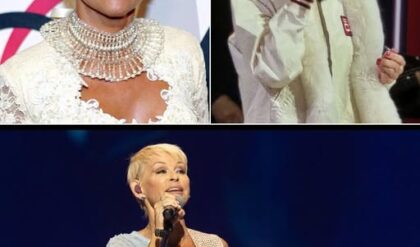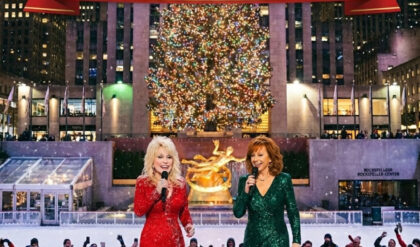
‘The Lord of the Rings: The Rings of Power’ season 2 is set to premiere on August 29th, 2024. The show aired its first season back in 2022 to a somewhat mixed reception which is a shame considering the eye-watering sum of money Amazon spent on it. The show was initially highly awaited, but as soon as the first promo materials started – the trouble started as well.
It’s hard to think of an aspect of the show that wasn’t criticized by the audiences. Starting with cheap-looking costumes, the portrayal of Galadriel, and numerous inconsistencies with the source material. One one the most highly criticized aspects however was the show’s first black elf – Arondir, portrayed by Ismael Cruz Cordova.
During this year’s SDCC Brave Warriors Panel, Cordova commented on the race-swapping critics claiming that he loves that he pinched the nerve of the people who dared to speak in Tolkien’s name:
My character is not in the lore of the Lord of the Rings, and that was an issue for some people. It was a big controversy of me being the first elf that wasn’t white. I loved the nerve that I pinched. I really do. I was so excited to create something new. A lot of people speaking on behalf of Tolkien, I don’t know if they understand the spirit of Tolkien. His work speaks of the times.
And in that aspect “his work speaks of the times” is Cordova absolutely correct. Tolkien lived from 1892 to 1973, a period when racial attitudes were different from today. His views were influenced by the social and cultural norms of his time, which included a variety of prejudices that were common in early 20th-century Britain. Tolkien’s work includes a variety of races, but they are often portrayed in a way that reflects stereotypes of his era
Cordova continued how he is glad he pinched a nerve due to the necessity of revising things in the current social context:
It is necessary to revise things and represent and exist. I think a lot of people look at us to affirm their own existence, so I’m happy people can look at that and look at any of us and see themselves in this beautiful world we all should belong in — fantasy.
Speaking of fantasy, the actor commented how he is also glad that his character represents a different type of elf, far from the “mighty and regal” image that the original movies created:
We had never really seen an elf that was the people’s elf. We’d always seen elves that were royal and regal, but we hadn’t seen one that was a frontline soldier, a guy that got an assignment kind of thing. It was pretty cool to represent that, and have a voice within elven-ness. I think a lot of people identify with this elf and his plight.





